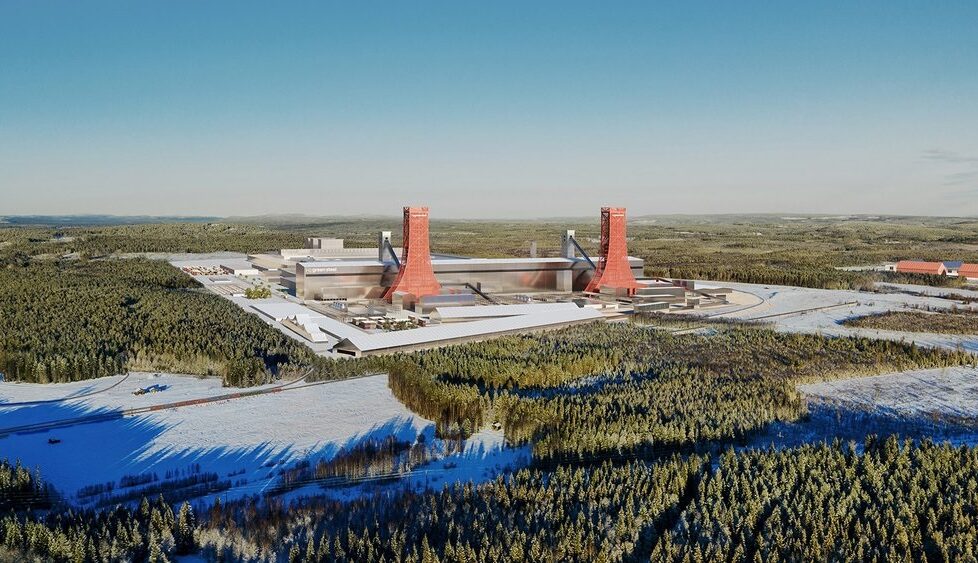Rio Tinto to Supply Iron Ore to H2 Green Steel for Low Carbon Steel Production

Rio Tinto, the world’s largest iron ore producer, announced a new partnership with Swedish low-carbon steel startup H2 Green Steel, including a new multi-year agreement for the supply of high grade direct reduction iron ore pellets from Rio Tinto’s Iron Ore Company of Canada (IOC) operations for H2 Green Steel’s low-carbon steel production plant in Boden, Sweden.
Founded in 2020, H2 Green Steel is building the world’s first large-scale fossil-free steel plant in Boden, with the project including a giga-scale green hydrogen plant as an integrated part of the steel production facility. The company employs hydrogen produced using green power to remove the oxygen from iron oxide, avoiding most of the CO2 emissions normally produced, and uses electricity from 100% renewable sources for the energy requirements generated in the manufacturing process. H2 Green Steel aims to begin production in 2025, with plans to produce 5 million tons of nearly fossil-free steel by 2030.
The companies said that IOC’s pellets will account for a significant part of H2 Green Steel’s iron ore supply. Under the new agreement, Rio Tinto will also purchase and on-sell surplus low carbon hot briquetted iron (HBI) from H2 Green Steel produced during the ramp-up of its steelmaking capacity.
H2 Green Steel CEO Henrik Henriksson said:
“This is a significant milestone for our project in Boden. Not only by securing a supply of the high-quality iron ore needed for our green steel production, but also because we have a buyer for a portion of the HBI we initially expect to produce. Rio Tinto is a global leader in the mining industry and we welcome its concrete actions to accelerate the decarbonisation of the steel industry.”
Demand for low carbon steel is expected to increase significantly, over the next several years, as manufacturers globally aim to decarbonize their supply chains. Steelmaking is one of the biggest emitters of CO2 globally, and one of the more challenging sectors to abate, with total greenhouse gas emissions (GHG) from the sector accounting for 7% – 9% of direct emissions from the global use of fossil fuels.
Rio Tinto has set climate goals to reduce greenhouse gas emissions by 15% by 2025 and 50% by 2030, and to achieve net zero by 2050. The agreement with H2 Green Steel follows the launch by Rio Tinto in June of a partnership with China Baowu, the world’s largest steelmaker, aimed at decarbonizing the steel value chain, and focused on a series of projects in China and Australia.
Rio Tinto Head of Steel Decarbonisation Simon Farry said:
“We are partnering across the steel ecosystem to find better ways to support the decarbonisation of iron and steel making, and to reduce our scope 3 emissions. Our supply of high-grade iron ore pellets will support the acceleration of H2 Green Steel’s project, and on-selling their low-carbon HBI will enable us to gain a deeper understanding of the future needs of our customers and end users in the emerging green iron and steel market.”